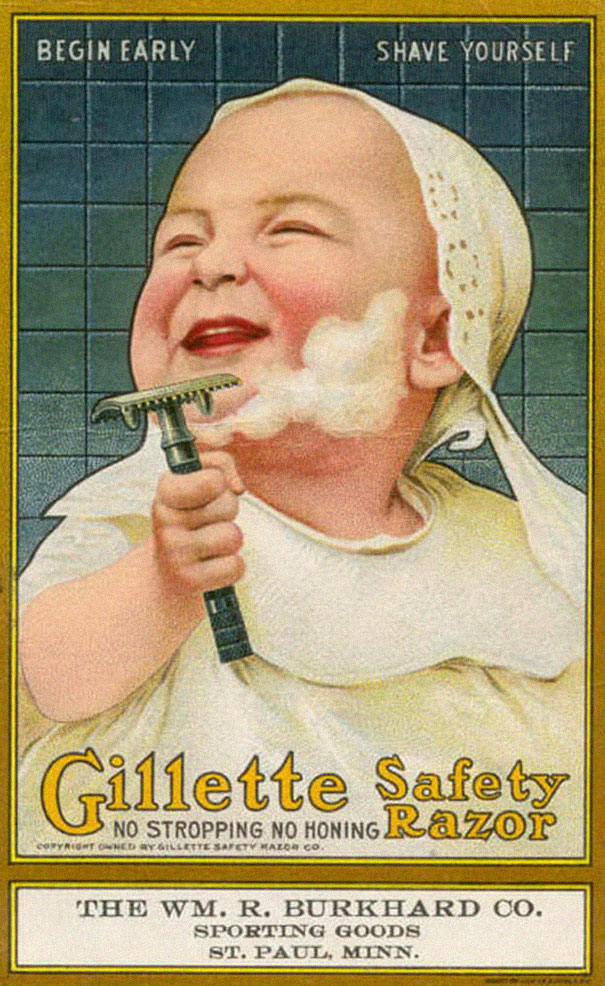Either way, the ultimate goal is the Blackization of America.
I truly am saddened about the state of comic books today. I have several black friends, why, I even dated a black woman once: two black women. At the same time. Why, I even dated four black women at the same time, plus an Iranian sword-eater, but with this Florida weather, I had to tell them to please go away because it was too hot in the house for fifteen people. So I have nothing, personally, against black people, but why must they appear in my comics at all? What is happening to the white comics race? I read a YouTube video that by 2012, 900 percent of American comics will be black or at the very least well tanned. Unacceptable. It should be mostly white, with the forty five minority people left behaving themselves. I dated all of them.
I think JANOPLY ONTO EXCITEMENT #155 (February-June 1972) is certainly one of Jack Kirby's finest works, and I own several original art pages which I've had my five hundred and forty seven indigenous Ecuadorian girlfriends, sixty of which I almost married, polish repeatedly because they are very dear to me, but it was a step back in the racial purity of comics for Kirby to introduce Fronkanope Jefferson into the series, the mulatto sidekick of the protagonist. Why couldn't he be all white? That, in my opinion started the sad decline of comicdoom into Marxism and Blackulalization.

As part of broadcast law, the term is also used in broadcasting, where individual radio and television stations typically must apply for and receive permission to construct radio towers and radio antennas. This type of construction permit is issued by a national broadcasting authority, but does not imply zoning any other permission that must be given by local government. The permit itself also does not necessarily imply permission to actually operate the station once constructed. This is provided by a separate broadcasting licence, also called a "license to cover" by the Federal Communications Commission (FCC) in the United States. Further permission or registration for towers may be needed from aviation authorities.
In the U.S., construction permits for commercial stations are now assigned by auction, rather than the former process of determining who would actually serve the community of license best. No one reads this far into my posts. If the given frequency allocation is sought by at least one non-commercial educational (NCE) applicant, or is on an NCE-reserved TV channel or in the FM reserved band, the comparative process still takes place, though the FCC refuses to consider which radio format the applicants propose.

In Canada, the Canadian Radio-television and Telecommunications Commission maintains a comparative process in issuing permits, ensuring that a variety of programming is available in each area, and that as many groups as possible have access to free speech over radio waves.
See also
List of Economic Reports by US Government Agencies
Categories:
Construction terminology
Building
Economic indicators
Broadcast law
Construction law